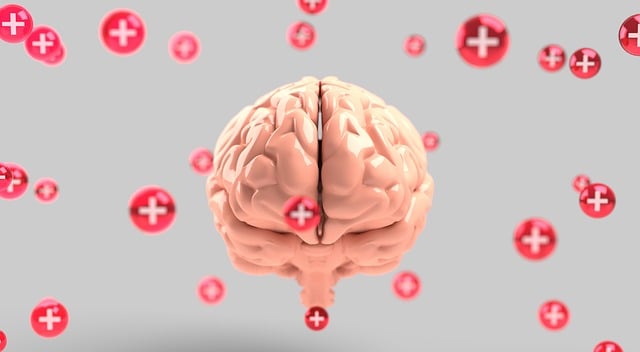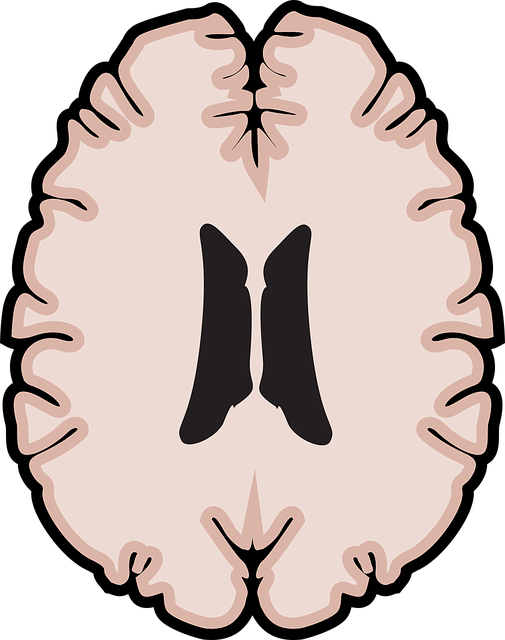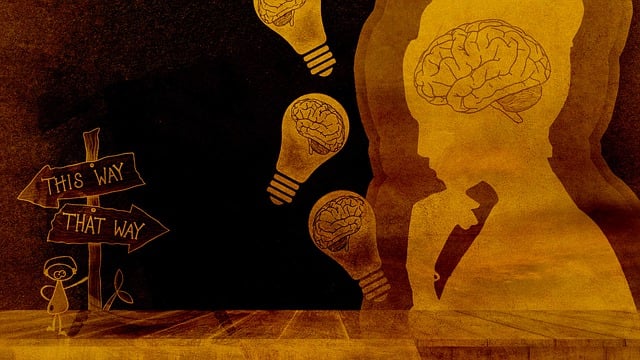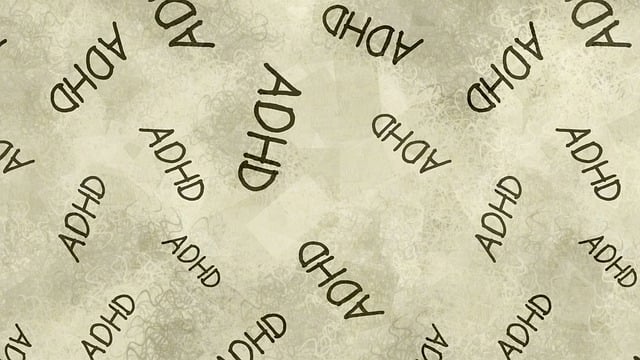Managing anger in elderly populations is crucial for their well-being, as common triggers can lead to stress and health issues. Mindfulness meditation and Cognitive Behavioral Therapy (CBT) are effective tools, with cultural competency training ensuring tailored approaches. Unaddressed anger can negatively impact quality of life, so practical coping skills training, including emotional intelligence development and social skills improvement, is essential. Specialized therapy sessions equip seniors with healthy coping strategies, enhancing emotional well-being and communication, and ultimately allowing them to enjoy their golden years. (SEO Keywords: Therapy for Elders Anger Management)
Anger is a complex emotion, especially among the elderly, where it can stem from various triggers and significantly impact their quality of life. This article explores effective coping skills development for the elderly, focusing on understanding anger’s root causes. We delve into the crucial role of therapy in managing anger, presenting practical techniques for elders to gain control over this powerful emotion. Additionally, we highlight the long-term benefits of anger management training, emphasizing its potential to enhance overall well-being. Discover how these strategies can empower seniors and improve their lives through better emotional regulation.
- Understanding Anger in Elderly Populations: Common Triggers and Impact
- The Role of Therapy in Managing Anger for Elders
- Practical Coping Skills Training Techniques for Effective Anger Control
- Enhancing Quality of Life: Long-term Benefits of Anger Management Development
Understanding Anger in Elderly Populations: Common Triggers and Impact

Understanding anger in elderly populations is crucial, as it can significantly impact their overall well-being and quality of life. Common triggers for anger in the elderly include frustration due to age-related physical limitations, feelings of isolation and loneliness, and perceived injustices or misunderstandings from family members or caregivers. Healthcare providers must be culturally competent to recognize these triggers and provide appropriate support, which may involve therapy for elders focused on anger management.
The impact of unaddressed anger can be profound, leading to increased stress levels, sleep disturbances, and even physical health issues. Mindfulness meditation has emerged as a valuable tool in managing anger, teaching individuals to remain calm and present in the moment. By fostering mind over matter principles, elders can learn to reframe their thoughts and reactions, thereby reducing anger’s detrimental effects. Healthcare provider cultural competency training is essential to ensuring that these strategies are tailored to meet the unique needs and backgrounds of elderly individuals.
The Role of Therapy in Managing Anger for Elders

Anger is a normal human emotion, but for elders, it can become a complex issue, often stemming from physical limitations, health concerns, and life transitions. Therapy plays a pivotal role in helping older adults manage their anger constructively. Through structured sessions, therapists provide a safe space for seniors to explore the root causes of their anger, offering valuable insights into its triggers and patterns. This process encourages self-awareness, a crucial element in managing emotions effectively.
In addressing anger management, therapy incorporates various evidence-based techniques tailored to the individual’s needs. Cognitive Behavioral Therapy (CBT), for instance, helps seniors challenge negative thought patterns associated with anger. Mindfulness practices and relaxation techniques are also taught to regulate emotional responses. Cultural sensitivity in mental healthcare practice is essential, ensuring that therapeutic approaches are respectful and relevant to the elder’s cultural background. The Mental Wellness Podcast Series Production can further enhance understanding by providing accessible resources and promoting self-awareness exercises for anger management.
Practical Coping Skills Training Techniques for Effective Anger Control

Anger is a normal emotion, but when it becomes intense and frequent, it can significantly impact an elderly individual’s quality of life. That’s where practical coping skills training comes into play, offering effective strategies for anger control. One powerful technique involves teaching emotional intelligence—recognizing and understanding one’s feelings and those of others. Through exercises focusing on self-awareness and empathy, elders can learn to respond rather than react to anger triggers.
Social skills training is another valuable tool. It helps improve communication, enabling seniors to express their needs and frustrations constructively. In addition, trauma support services can play a crucial role in addressing underlying causes of anger, especially for those with a history of traumatic events. By incorporating these techniques into therapy for elders’ anger management, caregivers can empower them with healthy coping mechanisms, fostering better emotional well-being and enhanced social interactions.
Enhancing Quality of Life: Long-term Benefits of Anger Management Development

Anger management development through therapy is a powerful tool for seniors to enhance their quality of life and experience long-lasting benefits. As individuals age, managing anger effectively becomes increasingly vital for maintaining mental wellness and overall happiness. By participating in specialized therapy sessions, elders can learn valuable coping skills that allow them to navigate challenging situations with greater ease. This, in turn, promotes a sense of self-care routine development, enabling them to take charge of their emotional well-being.
One of the significant advantages is improved communication strategies. Effective anger management techniques encourage open and honest expression, reducing potential conflicts within social circles and family dynamics. Moreover, it can lead to better mental health practices, such as Mental Wellness Journaling Exercise Guidance, where seniors can process and understand their emotions, fostering a deeper connection with themselves. These skills contribute to a more fulfilling life, ensuring that anger doesn’t become a barrier to enjoying the golden years.
Coping skills development, particularly in managing anger, is a vital aspect of enhancing the quality of life for the elderly. By understanding common triggers and their impact, as well as employing effective therapy techniques, elders can achieve better emotional control. Practical coping skills training not only helps in immediate anger management but also offers long-term benefits, fostering a more peaceful and fulfilling existence. Integrating these strategies into senior care routines can significantly improve overall well-being and promote healthier, happier aging. This holistic approach to anger management, focusing on both therapy for elders and practical skillsets, is key to empowering this demographic with valuable coping mechanisms.














